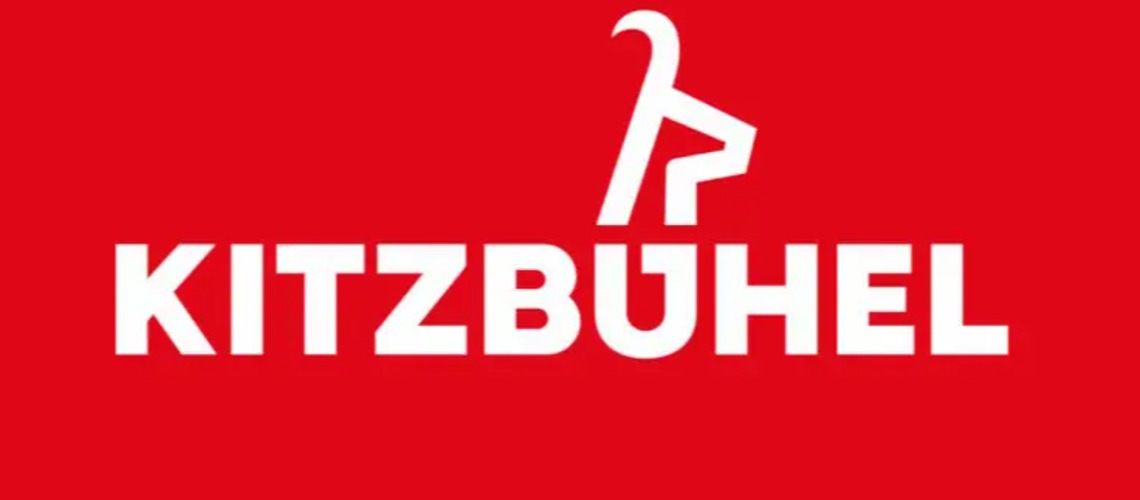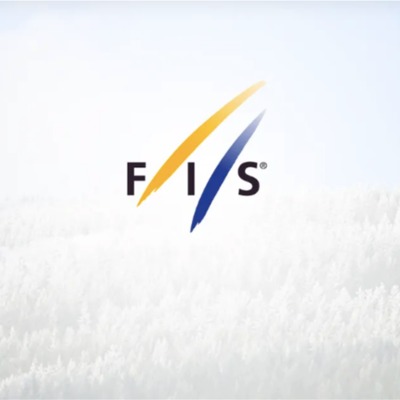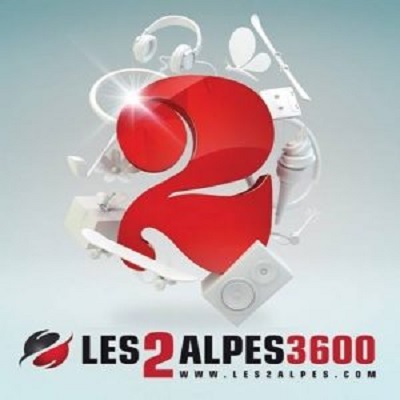Bergbahn AG Kitzbühel: "Gugelhupf – The Lively Exchange" On The Topic Of 'Sustainable Tourism' A Success

The Leibtriebe Austria discussion format "Gugelhupf – The Lively Exchange" took place at the host venue KitzSki - Bergbahn AG Kitzbühel in picturesque Kitzbühel, Tyrol. The event focused on sustainable tourism strategies and regional responsibility.
Monica Rintersbacher, Managing Director of Leitbetriebe Austria, welcomed the numerous guests and thanked the hosts: "Today, an interesting look behind the scenes awaits us. KitzSki is a company that dedicates itself to developing and implementing a holistic concept with great commitment, thereby making a significant contribution to the region."
Kitzbühel's mayor, Klaus Winkler, also present, emphasized the central role of Bergbahn AG: "Kitzbühel is a unique tourist region and, at the same time, the district capital with a strong regional economy. Bergbahn AG embodies the perfect interplay of tradition, innovation, and responsibility."
KitzSki – Innovation meets sustainability
Board members Anton Bodner and Christian Wörister provided exciting insights into the company's extensive measures – from innovative snow protection to investments in photovoltaics and digital security solutions.
The infrastructure is impressive in its size and diversity: 58 lifts, 10 of which are located in the valley, approximately 570 hectares of slopes, of which approximately 470 hectares are covered by artificial snow. The offering comprises approximately 233 kilometers of slopes – consistently groomed to the highest quality, even in the most challenging weather conditions.
Last winter, Bergbahn AG Kitzbühel employed nearly 500 people, including approximately 230 permanent employees. Despite weather-related challenges, the company achieved a revenue increase of approximately 9% last winter. This growth was driven not by expansion, but by improved quality and operational efficiency.
KitzSki's entrepreneurial philosophy follows the principle of "quality over growth at any price." Investments are primarily focused on improving existing systems. The annual cash flow of approximately €20 million is specifically channeled into measures such as more efficient snowmaking, modern cable car technology, digital infrastructure, and energy and water management.
Another strategic focus is on summer activities, which currently account for around 10% of total revenue. The expansion of bike trails, hiking infrastructure, and collaborations with tourism partners are intended to enable year-round value creation.
Sustainability – Make it simple, but well thought out
Karl Cerny, Sustainability Officer at KitzSki , emphasized in his presentation that sustainability is not a new topic for the company; rather, it has been actively practiced at various levels for years. Recently, however, the topic has been further structured – also with a view to the new EU requirements. The goal is to better organize existing measures, implement them more efficiently, and develop them further in a more targeted manner.
In doing so, we are guided by common standards such as the SDGs (Sustainable Development Goals), ESRS, GRI or the so-called double materiality and see these guidelines as a practical guide.
KitzSki has defined twelve particularly relevant goals for its own operations – from energy consumption and water management to waste, biodiversity and procurement, as well as social issues such as employee satisfaction and guest communication. These goals lead to concrete areas of action.
Examples Cerny mentioned:
- Use of 100% green electricity and the expansion of photovoltaics – even in unusual locations such as lift stations.
- Large reservoirs for snowmaking to efficiently store water during cold periods.
- Collaboration with manufacturers in the development of modern snow groomers and snowmaking systems – e.g., with GPS snow depth measurement to ensure precise and economical operation.
- Comprehensive monitoring of water and energy consumption, supported by modern software and, in some cases, artificial intelligence, to identify potential for improvement.
However, the internal integration of all departments – from energy to construction to human resources – is also important: "Sustainability is not a departmental responsibility, but a cross-cutting issue," Cerny emphasized. The goal is to raise awareness of sustainable action among all employees.
Cerny also commented on the EU sustainability reporting (CSRD): Although KitzSki is not required to report because it falls below the employee threshold, it voluntarily adheres to the goals and targets.
In the subsequent dialogue, the participants reaffirmed the importance of this entrepreneurial orientation.
Gerhard Brix, CEO of Alps Resorts , reported on the savings in hot water through innovative shower systems – and pointed out that sustainability does not work through renunciation, but through intelligent technology with the same level of comfort.
Ulrike Rabmer-Koller, Managing Director of the Rabmer Group and Head of the Sustainability Unit of Leitbetriebe Austria, added the topic of water management: energy-efficient pipe rehabilitation, energy recovery from wastewater, regional recycling models – all with a high level of innovation made in Austria.
Their common message: Those who get involved early save resources, increase attractiveness and secure their market position.
Reflecting on the intensive exchange and practical examples from the leading companies present, Monica Rintersbacher summed up the afternoon's conclusion: "Sustainability begins where people take responsibility – this is what the leading companies practice with intelligence and vision."














